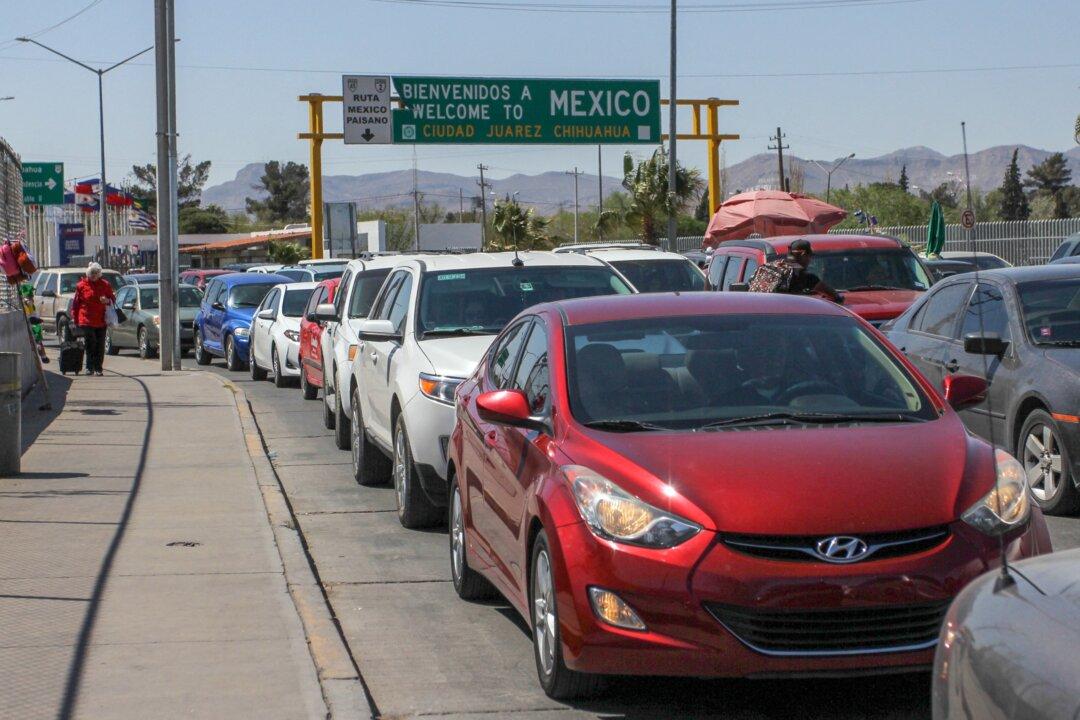The Supreme Court has accepted the appeal of an accused drug trafficker stopped at the border who claims she didn’t know that 28 kilograms of methamphetamine were hidden in the door panels of the car she was driving.
The case is Diaz v. United States (court file 23-14). The Supreme Court granted the petition for certiorari, or review, without comment in an unsigned order on Nov. 13. No justices dissented.





